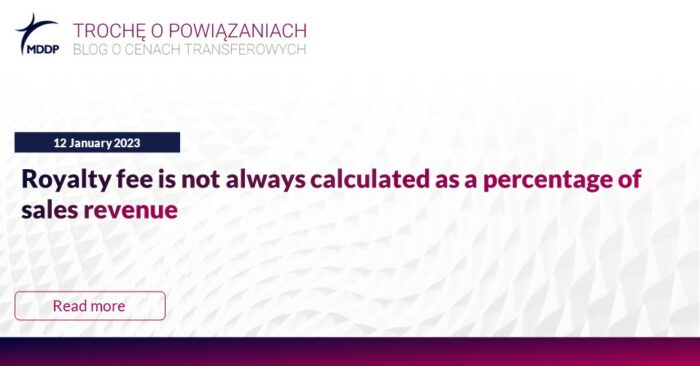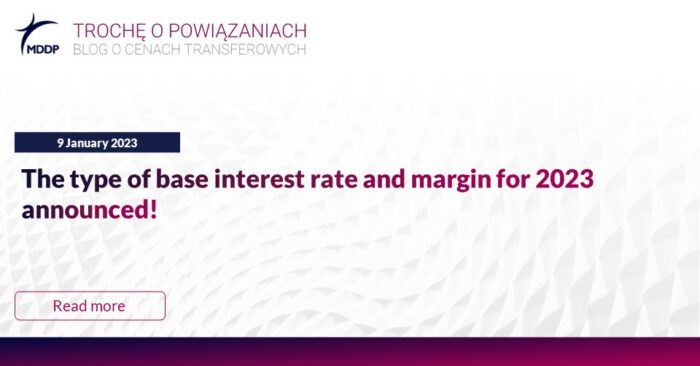Royalty fee should not always be calculated as a percentage of sales revenue
In order to correctly determine the remuneration for providing an intangible asset, you need not only an analysis of the legal aspects of the asset. An analysis from the transfer pricing is also required. It is extremely helpful to make the so-called DEMPE analysis provided for in the OECD guidelines. A royalty fee for providing…








